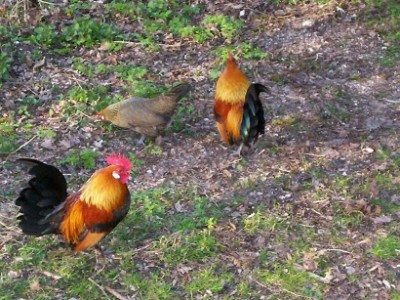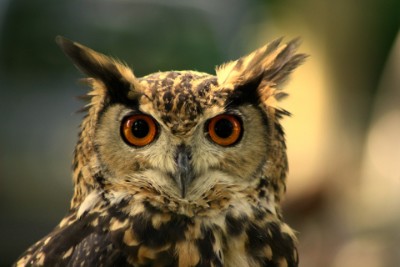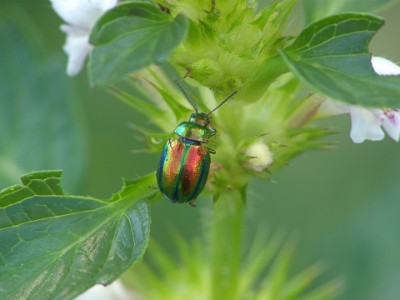Vivism and Animals
("Animalivism")
"Respecting life and well-being of
animals, to a degree as large as possible"

Intro
"Respecting life and well-being of animals, to a degree as large as possible" mainly implies that as a human being one in principle leaves all kinds of animals perfectly alone.
Apart from that one does what one can to prevent harming animals unintendedly one way or another.
Also one seeks to prevent that others one way or another harm life or well-being of animals.
"In principle leaving animals perfectly alone"
This mainly implies that one in principle:
- doesn't eat food that is derived from animals ("animal foodstuff");
- doesn't eat other foodstuff of which animal food is a component;
- doesn't directly or indirectly kill animals, also otherwise than for food.
- doesn't harm animals in any other way.
- doesn't deprive animals of their natural freedom nor limits this freedom.
"Preventing to unintendedly harm animals"
A few examples:
- When walking in a place where one knows that small animals can be on the road surface, one pays special attention to this in order to prevent that one cruches one or more of them under one's feet.
- When on a two-wheeled vehicle the same goes m.m., plus that one tries to prevent that small flies end up in one's eyes.
- When driving in a car one does this as slowly as possible in order to prevent that flying insects are crushed against the car-front and that crossing wild-life or other animals can't be dodged.
- Because one knows that in the vicinity of many air-ports many big birds (like geese and swans) are preventively killed and that air-plains when flying often crush flying birds, one in principle waives traveling by plane.
"Preventing that others one way or another
harm life or well-being of animals"
There are many ways in which this can be done; to mention a few:
- By supporting organisations that are known to have this purpose, such as animal welfare organizations;
- By becoming an active member of one or more of these organizations;
- By educating others to behave animal-friendly;
- By adressing to, or doing criminal report about the perpetrator, if a witnesses of animal cruelty.

Comparing Animalivism and Veganism
Practising Vivism in relation to animals in fact can be seen seen as
"Veganism-expanded-to-the-utmost";
"Veganism", as is well-known, stands for:
"seeking to exclude all exploitation of animals,
as well as all kinds of cruelty to animals, for any kind of purpose."
Therefore about the main difference between animal-friendly Veganism and super-animal-friendly Animalivism is in the fact that Veganism in general seeks to eliminate all kinds of cruelty to animals, whereas Animalivism in principle rejects all kinds of human behaviour that result in at least displeasure for animals.
One example: polluting a clean water slightly in itself doesn't really lead to cruelty for the fishes and other animals living in it, but most likely does lead to at least their annoyance. Whereas Veganism doesn't concern a case like this, Animalivism seeks to prevent this as well.
Another difference between Veganism and Animalivism is in the fact that generally spoken Veganism doesn't clearly speak out about the question whether or not it also implies protection of so called vermin.
In vegan publications this item is hardly ever or never dealt, whereas informing with individual vegan persons as good as always results in a negative answer of the relevant question.
In Animilivism on the contrary it's clearly stated that principally no difference is made between so called vermin and other animals, whereas respecting and protection of life and well-being of the animals that use to be regarded as vermin even has some priority above the one of other animals.
This because life and well-being of the other animals already are taken care of to a certain extent by relatively many kinds of organisations such as vegan ones, whereas the in many cases horrible cruelties that daily happen to so called vermin are barely or not contested yet.

In gardening and fruitgrowing this beauty is considered and
treated as vermin, although it just carries out its
important natural function
----------
Link:
© Copyright Nicolas Pleumekers (Founder and president of the Nature Protection Foundation)



